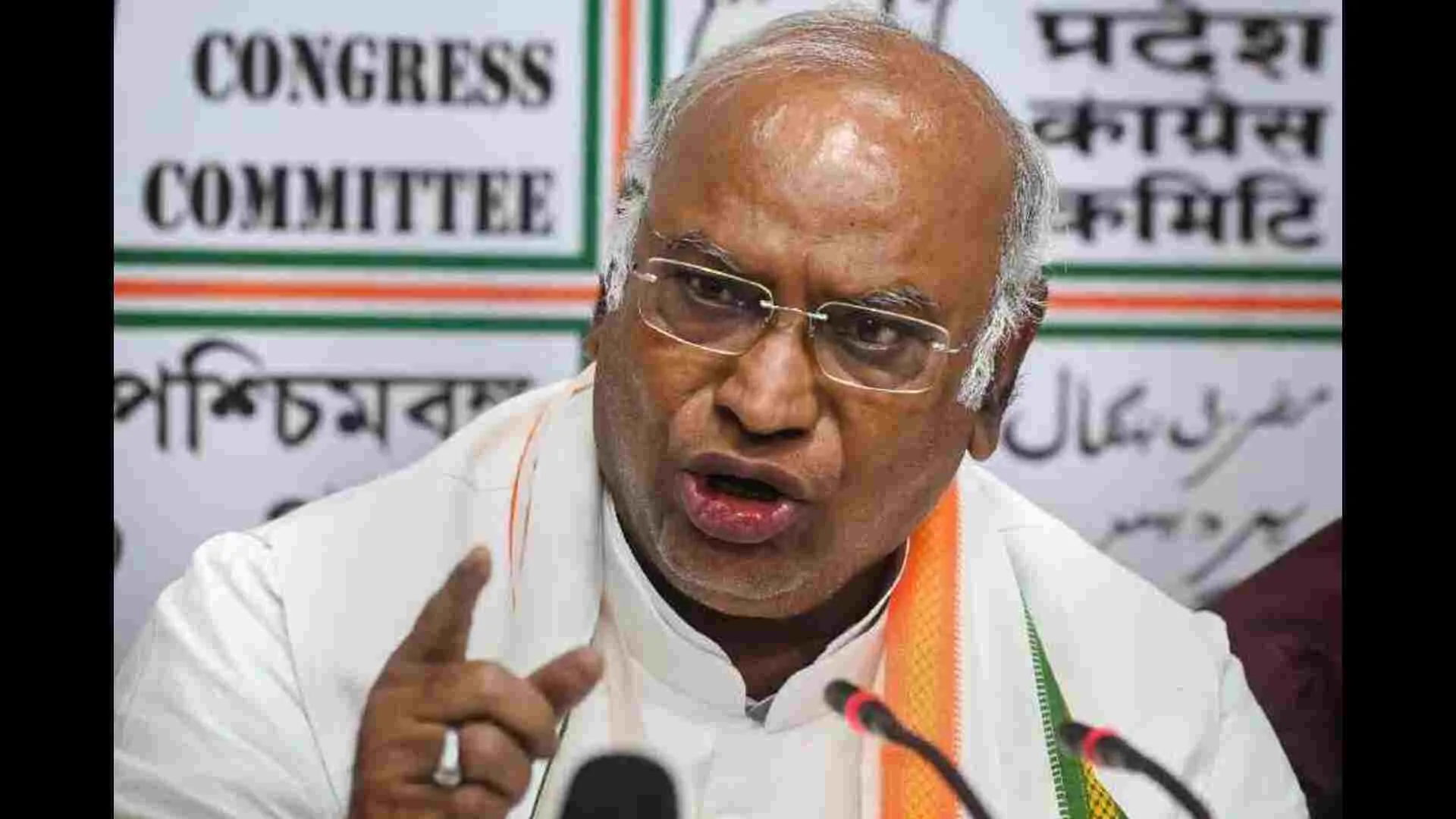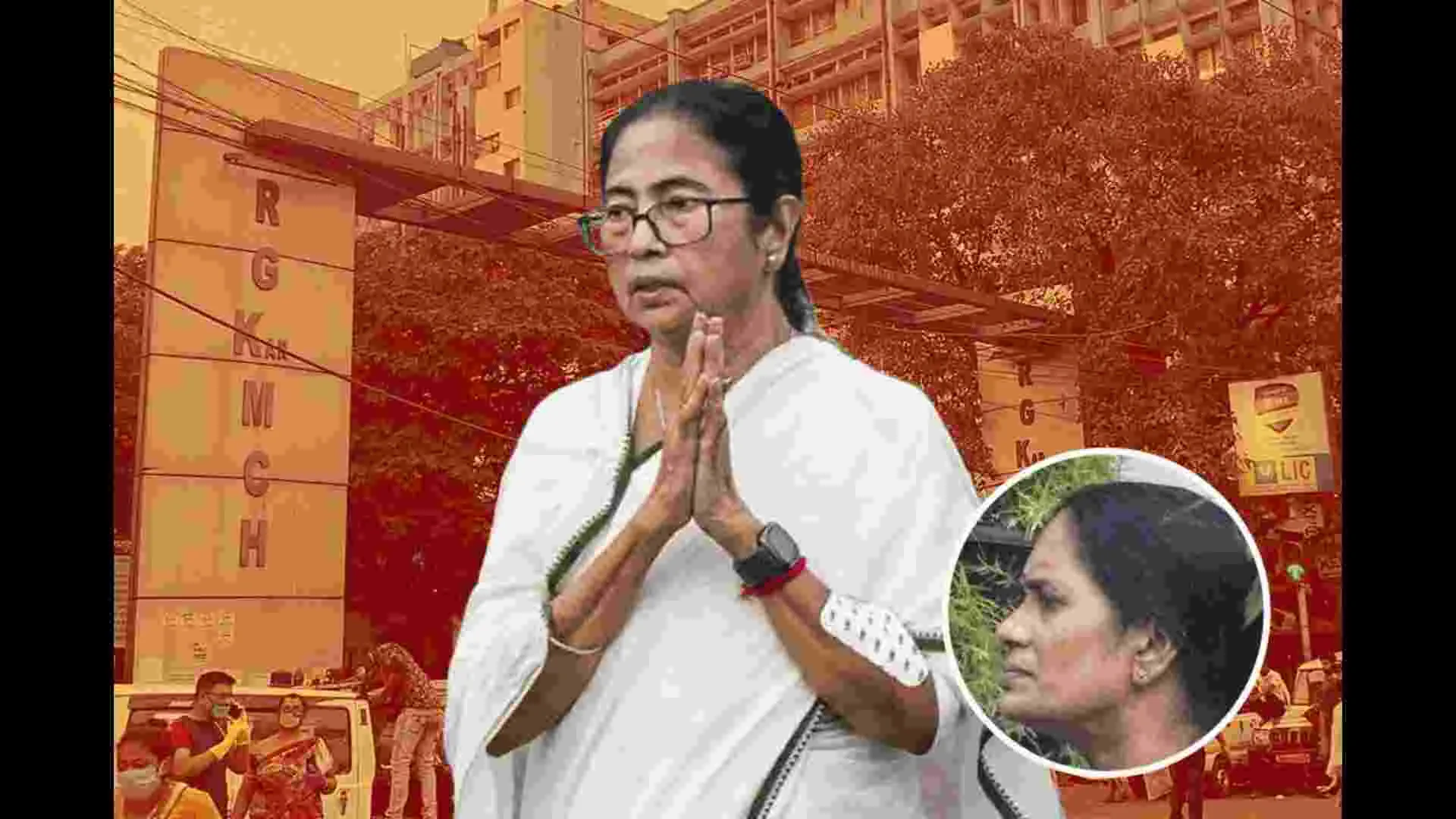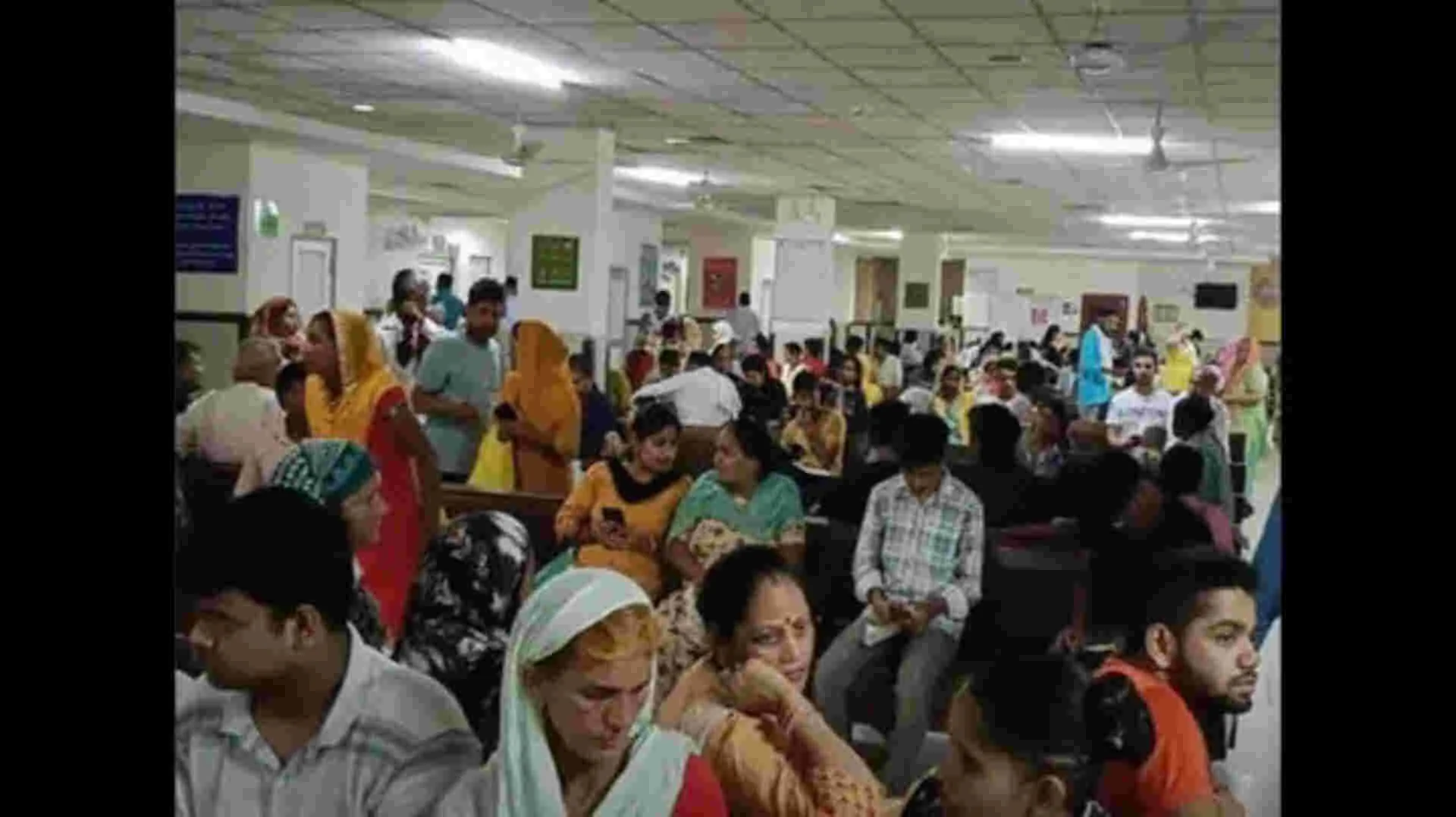While dismissing finally the petition of a husband against his wife alleging cruelty and desertion, the Himachal Pradesh High Court in a most remarkable, robust, rational and recent judgment titled Nain Sukh Vs Seema Devi in FAO No. 437 of 2010 and cited in 2023 LiveLaw (HP) 37 that was reserved on May 26 and then finally pronounced on June 2, 2023 has minced just no words to observe unequivocally that no wife can be forced to live in matrimonial home with husband keeping another lady with him. It must be mentioned here that the Single Judge Bench comprising of Hon’ble Mr Satyen Vaidya has most forthrightly observed that, “…Respondent had justifiable ground to live separately as no wife can be forced to live in matrimonial home with husband keeping another lady with him.” We ought to note that with respect to ground of cruelty raised by the Appellant (husband), the Bench while banking on the well acclaimed case law titled Dr NG Dastane Vs Mrs S Dastane [(1975) 2 SCC 326], clearly held that onus of proof is on the person who alleges cruelty and standard of proof is that of preponderance of probabilities, and hence merely stating that wife had a quarrelsome attitude is not enough to discharge the standard of proof.
At the very outset, this brief, brilliant, bold and balanced judgment authored by the Single Judge Bench comprising of Hon’ble Mr Satyen Vaidya of Himachal Pradesh High Court at Shimla sets the ball in motion by first and foremost putting forth in para 1 that, “This is an appeal of the husband against judgement and decree dated 19.06.2010, passed by learned Additional District Judge, Shimla, H.P. Camp at Rohru in H.M.A. Petition No. 1-R/3 of 2006, whereby his petition for dissolution of marriage by decree of divorce under Section 13 of the Hindu Marriage Act ( for short “The Act”) has been dismissed.”
To put things in perspective, the Bench then while dwelling on brief facts envisages in para 2 that, “Brief facts necessary for the adjudication of the appeal are that the husband filed a petition for dissolution of his marriage with respondent (wife) alleging inter alia that he was married to the respondent in the year 1987 according to Hindu rites and ceremonies. Two children were born to the parties out of the wedlock. Respondent resided and cohabitated with husband till 1995 and thereafter she started living in the house of her parents. As per husband, the behavior of the respondent since the time of solemnization of marriage with the petitioner and his family members was not good. She used to quarrel with them and would leave her matrimonial house. Their relationship deteriorated to the such extent that it became impossible for husband to live with respondent. Finally, respondent left the company of husband forever by leaving minor children in the custody of husband. It was further alleged that the husband was working as a Conductor and had to remain on duty during odd hours. The conduct of the respondent added to his mental and physical fatigue. Husband and his family members tried to settle the matter with respondent and made efforts to bring her back but she did not agree. Respondent is also stated to have been awarded maintenance @ Rs. 1,000/- per month in her claim against husband under Section 125 of Cr.P.C. It was further alleged that the attitude of the respondent with husband and his family members remained quite hostile and indifferent. Respondent never cared for the husband and minor children.”
As against what is stated above, the Bench discloses in para 3 that, “Respondent contested the claim of the husband by denying all the allegations. In counter, she alleged that she was turned out from her matrimonial home by husband after seven years of marriage for the reason that the husband wanted to marry another lady and he in fact had married a lady, named, Lachhi and brought her home. Since, the respondent could not withstand such humiliation, she objected to the conduct of the husband and in result was turned out from the matrimonial home. It was further contended that respondent had to leave her matrimonial home alongwith minor children, who later were brought back by husband after about five years.”
Needless to say, the Bench states in para 7 that, “I have heard learned counsel for the parties and have also gone through the record carefully.”
It would be worthwhile to mention that the Bench hastens to add in para 10 stating that, “In order to prove his case husband examined himself as PW-1. He also examined his father Sh. Jagotu Ram as PW-2. In addition, two more witnesses S/Sh. Bhag Dass (PW-3) and Labdu (PW-4) were also examined. While leading the evidence, husband tried to prove that the respondent was interested to reside with husband at his place of posting rather than residing in the company of the parents of husband at his native place. Since, it was not convenient and possible for husband to keep respondent at his place of posting, her proposal was not acceded to which resulted in husband facing hostility at the hands of respondent. Husband and his father deposed to above effect, however, such evidence could not be looked into for the simple reason that it was not the pleaded case of husband. The petition of husband did not contain any such averment.”
It cannot be glossed over that the Bench points out in para 12 that, “Reverting to the material on record, the husband and his witnesses tried to emphasize the fact that respondent was of quarrel some nature and had left the matrimonial home of her own. Despite efforts by husband and his family members, she did not return back. Again, the statements of husband and his father as PW-1 and PW-2 were in general terms without specifying any particular incident. The facts were narrated only in generalized terms, which cannot be held sufficient for discharging the burden of the husband as petitioner.”
Most significantly and also most rationally and so also most remarkably, the Bench then propounds in para 13 holding that, “The only thing which can be said to be proved on record is the fact that respondent has been residing separately from her husband since 1995. In order to justify her conduct of living separately, respondent has alleged that the husband had married another lady, named, Lachhi and had begotten two sons from such relationship. Noticeably, husband did not take any exception to the allegation of having married another woman. In his examination-in-chief, husband has not uttered even a single word regarding such allegation. He simply denied the suggestions made to him during his cross-examination that he had married another woman named Lachhi and had two children from her. On the other hand, respondent and her witnesses had been categoric in asserting the factum of husband having married another lady. The standard of proof required in matrimonial disputes is of preponderance of evidence. One of the witnesses of respondent i.e RW-2, Sh. Sohan Lal, claimed himself to be the resident of same village to which husband belonged. He verified that husband had married another lady named Lachhi. Statement of this witness on above account remained unchallenged. In his cross-examination, neither the factum of RW-2 being resident of the village of husband nor the factum of husband having married Lachhi were challenged. Further, nothing was brought on record to suggest that RW-2 had reasons to depose against husband. In the background of such material, the allegations of respondent against husband cannot be said to be without substance. Thus, respondent had justifiable ground to live separately as no wife can be forced to live in matrimonial home with husband keeping another lady with him.”
It is worth noting that the Bench notes in para 15 that, “The pleading of necessary jurisdictional facts for the ground of desertion were clearly missing in the petition. Even otherwise, as held hereinabove, not only the husband had failed to plead and prove the acts of cruelty on the part of respondent, the defence of respondent justifying her conduct to live separately stood probabelised. Thus, the respondent had shown reasonable cause to live separately and hence the ground of desertion was also not proved.”
As a corollary, the Bench observes in para 16 that, “In light of above discussion, there is no merit in the appeal and the same is dismissed.”
Finally, the Bench concludes by holding in para 17 that, “The appeal is accordingly disposed of, so also the pending miscellaneous application, if any.”
In a nutshell, it may well be said that a Single Judge Bench comprising of Hon’ble Mr Justice Satyen Vaidya has on cogent, credible and convincing grounds very rightly upheld the judgment and decree passed by the Additional District Judge, Shimla whereby the appellant’s petition for the dissolution of marriage by the decree of divorce under Section 13 of the Hindu Marriage Act has been dismissed. There can certainly be no gainsaying that the real essence of this notable judgment by the Himachal Pradesh High Court is that no wife can be forced to live in a matrimonial home with husband keeping another lady which just cannot be justified on any pretext. There can be just no denying
or disputing it!

















